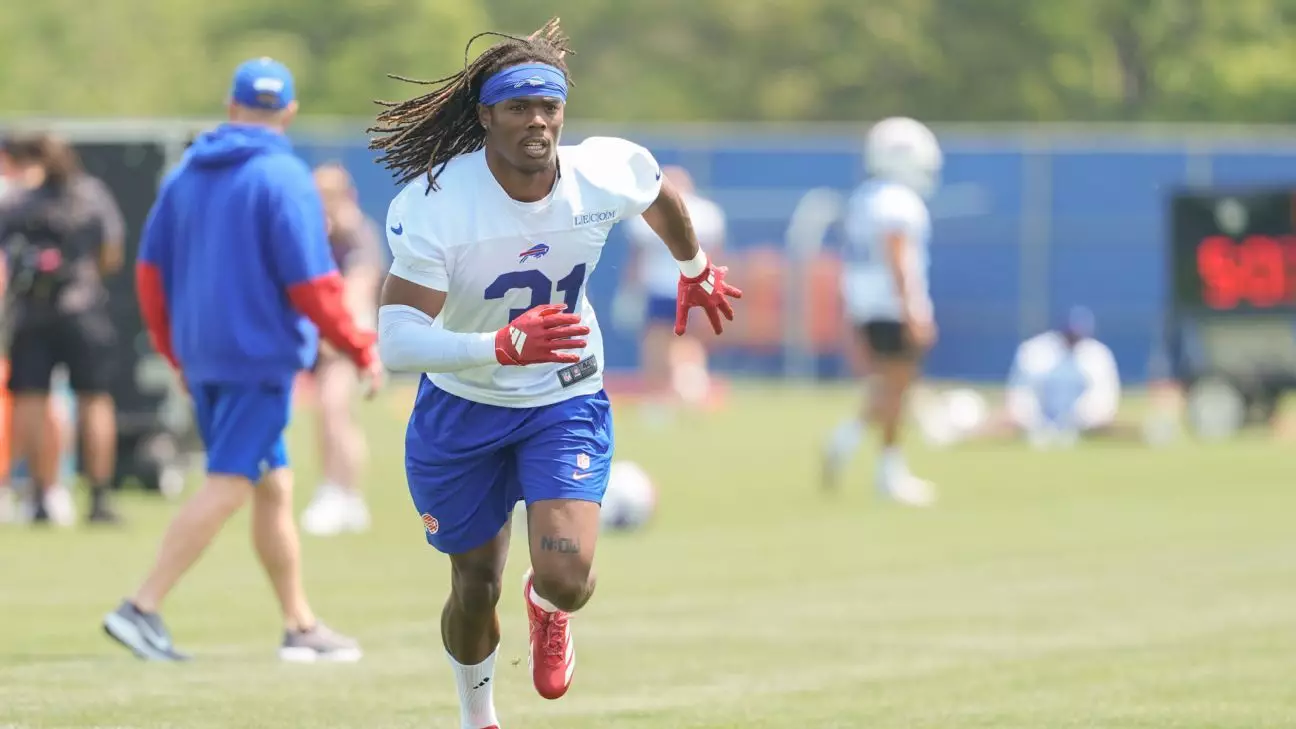In today’s society, allegations of sexual misconduct can profoundly impact a person’s reputation, career trajectory, and personal life, often with limited initial evidence or understanding of the full story. The case involving Maxwell Hairston, a promising NFL player, exemplifies this precarious intersection of legal processes and public opinion. While the lawsuit details an alleged assault from 2021, it raises significant questions about how society handles accusations, especially against individuals in the spotlight. It underscores the importance of scrutinizing each case beyond headlines, recognizing the potential for both justice and wrongful accusation. Public figures like Hairston face the dilemma of separating personal reputation from legal innocence until proven guilty, illustrating how allegations can sometimes overshadow factual clarity and due process.
Legal Ambiguities and the Need for Due Process
What stands out starkly in this case is the absence of criminal charges against Hairston. Despite the accusation, authorities have not confirmed any formal investigation or charges matching the allegations. This discrepancy between legal findings and the lawsuit highlights the complex nature of sexual misconduct cases, where accusations can be reported but not necessarily result in criminal penalties. The lawsuit claims immediate police reporting and a medical exam, but without official confirmation or charges, the matter remains in the realm of civil discourse. This situation accentuates the necessity for a thorough, unbiased investigation before any judgments are made conclusively. Society must balance the importance of supporting victims with respecting an individual’s presumption of innocence, ensuring that legal protocols are followed rather than rushing to judgment based solely on allegations.
The Role of Institutions and Sports Organizations in Upholding Integrity
Organizations like the NFL and university authorities play a crucial role in managing allegations involving their members or athletes. The Bills’ quick reference to internal investigations and the team’s general manager’s statement suggest a desire to uphold a reputation of integrity and thoroughness. However, these statements also emphasize a tendency to prioritize a sanitized image over transparency, especially when no criminal charges are filed. It raises the question: are institutions ensuring that fairness and justice are always at the forefront, or are they primarily protecting their brand? While protecting reputation is understandable, it should not come at the expense of due diligence. The broader conversation must focus on how sports leagues and educational institutions can develop policies that both respect the rights of the accused and support victims, fostering genuine accountability rather than superficial responses.
One cannot ignore the peril of making premature judgments in cases like this. The societal inclination often gravitates towards condemning the accused based on allegations alone, especially with the heightened awareness around sexual misconduct. Yet, justice demands patience, investigation, and careful consideration of evidence. The court of public opinion, once influenced by sensational headlines, can permanently damage lives and careers, regardless of the final legal outcome. This case calls for a more critical societal approach—where accusations are taken seriously but also scrutinized for credibility and verified through due process. It is only through this nuanced comprehension that we can aspire to a system that genuinely seeks justice, safeguards the innocent, and holds the guilty accountable effectively.


Leave a Reply